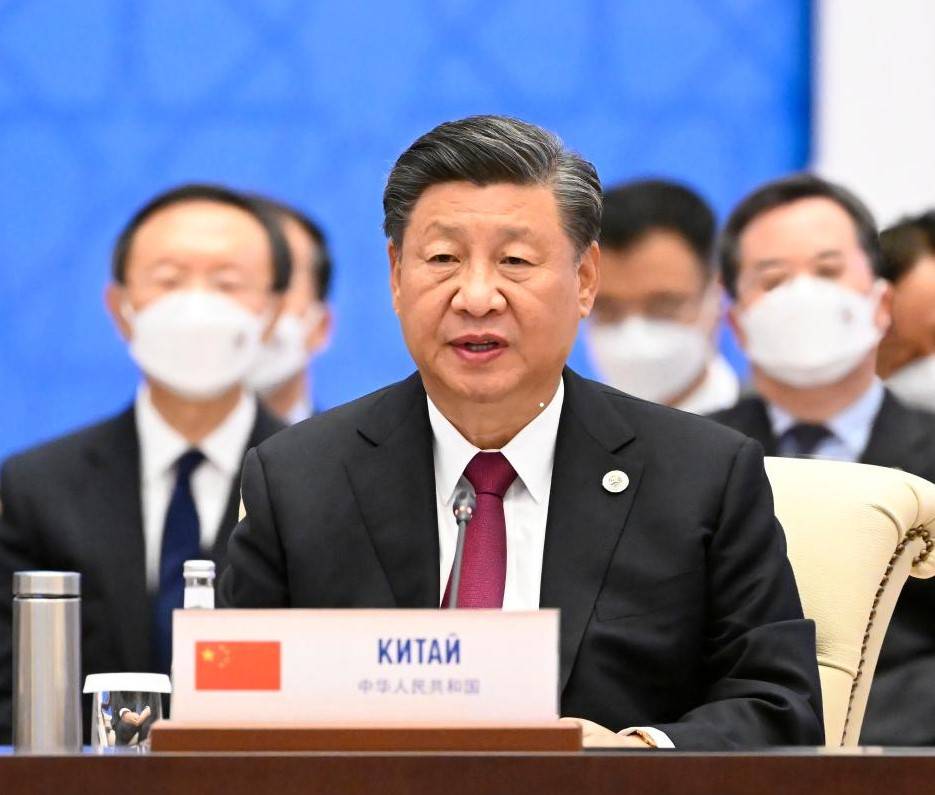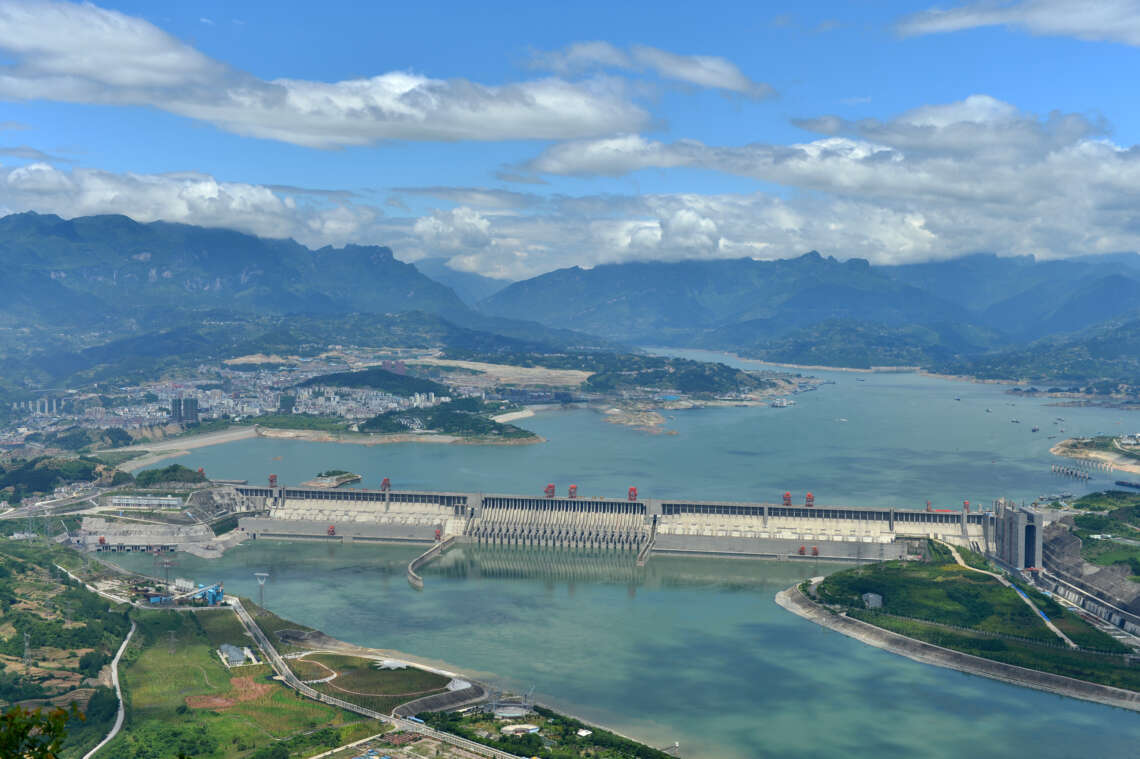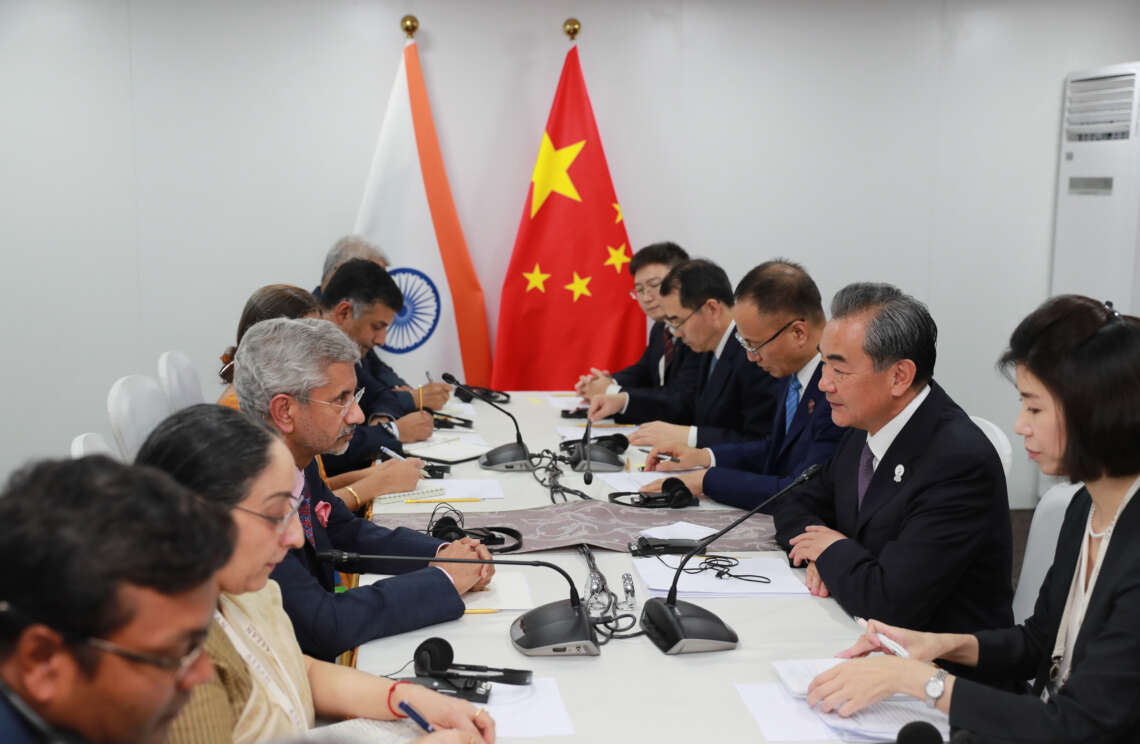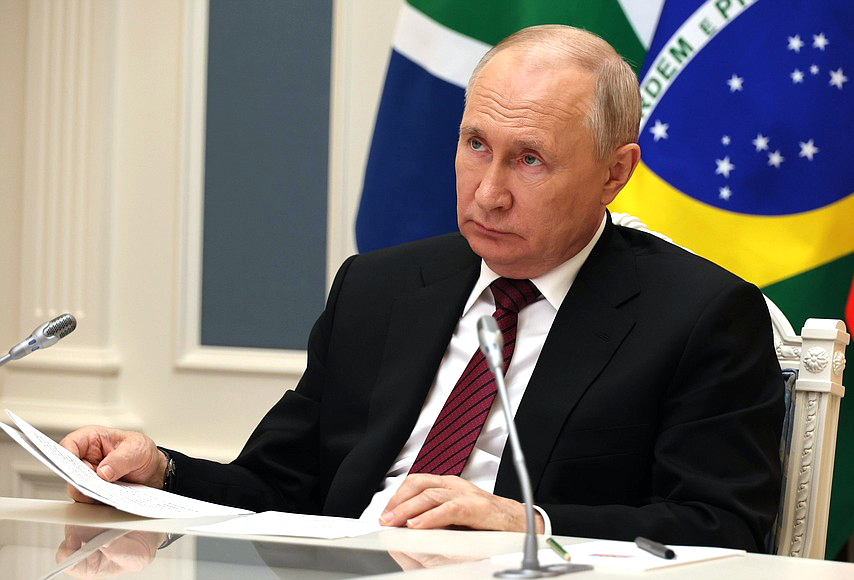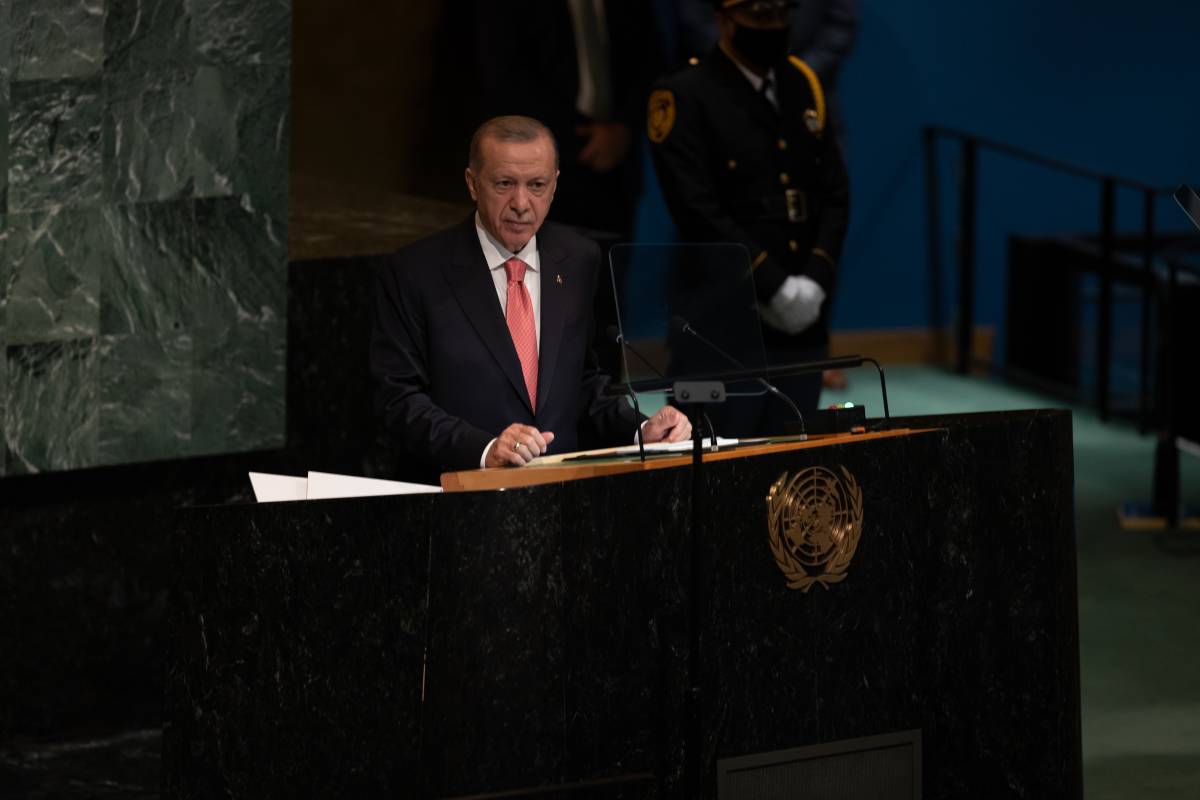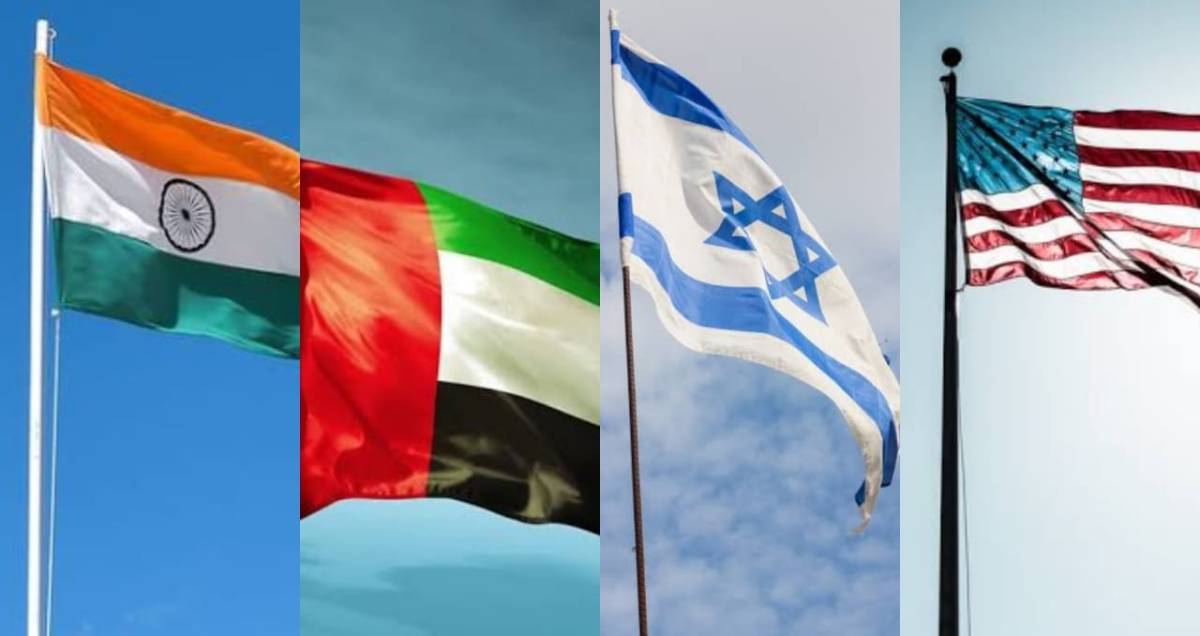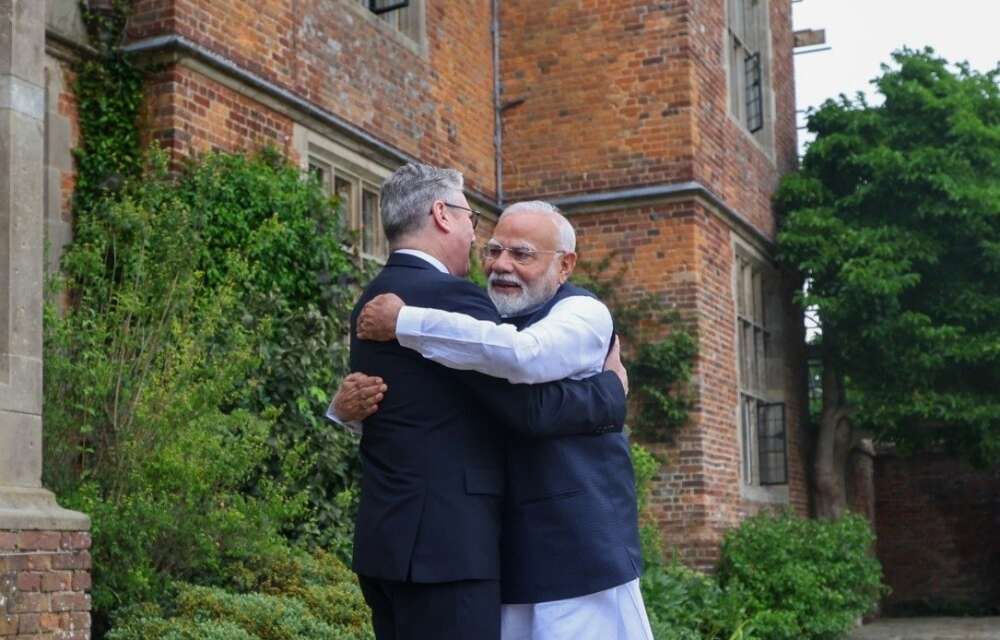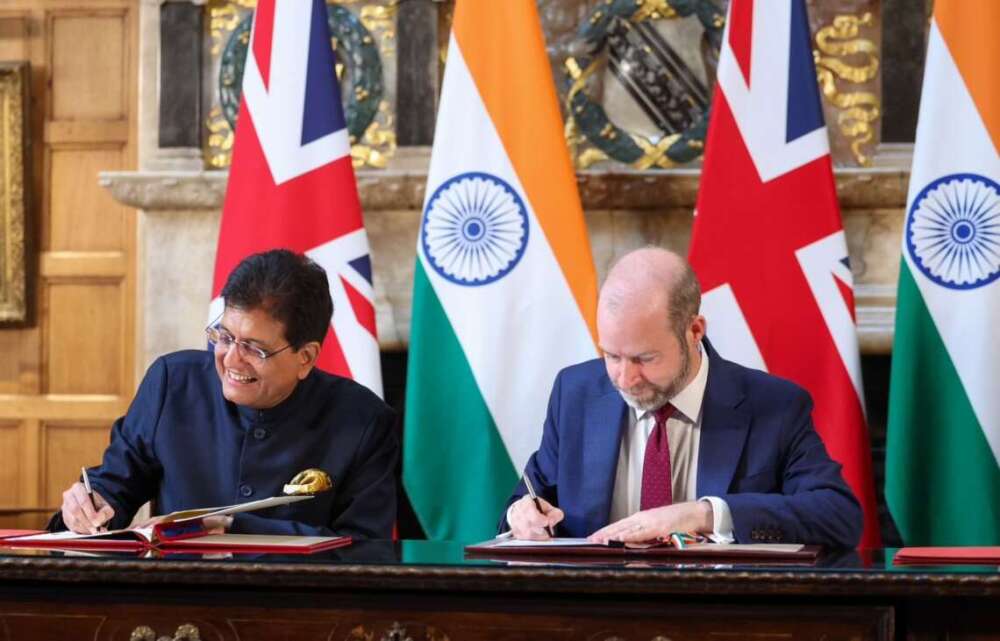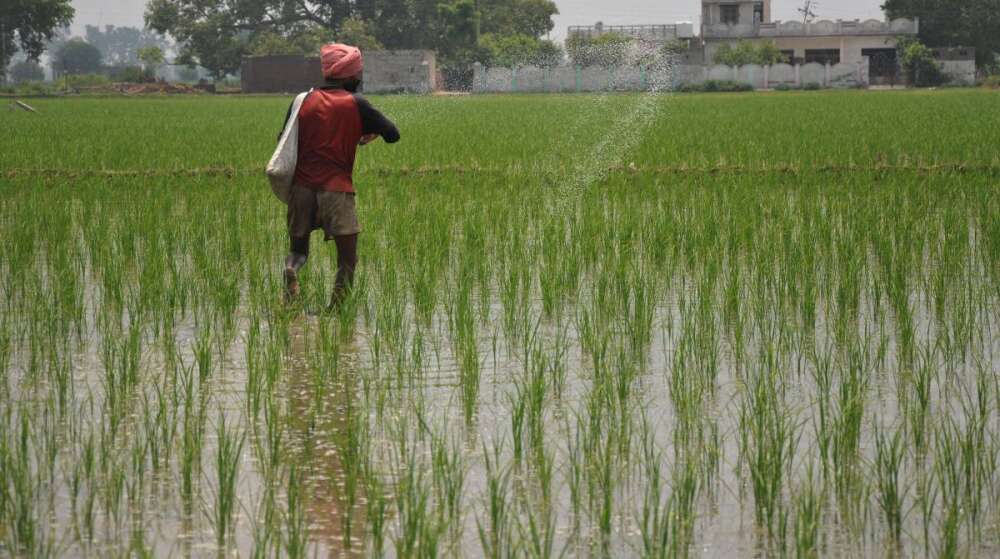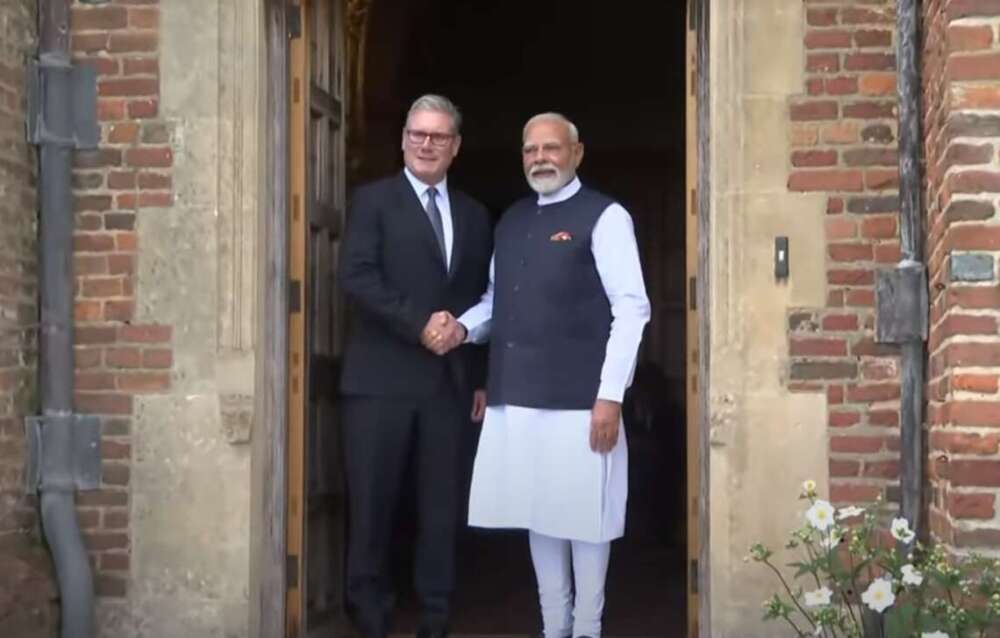CIA Deputy Director claims that Chinese President Xi Jinping has ordered PLA to develop the ability to capture Taiwan by 2027…reports Asian Lite news
Amid the escalating tension between China and Taiwan, the Deputy Director of the US Central Intelligence Agency (CIA), David Cohen revealed that Chinese President Xi Jinping ordered his armed forces, the Peoples Liberation Army (PLA) to develop the ability to capture Taiwan by 2027.
Giving more details on the issue, the CIA Deputy Director said that the Chinese President has not decided yet but has asked his military to prepare it so that he can do what he wants, The Singapore Post reported, citing CNN.
“He has not made the decision to do that, but he has asked his military to put him in a position where if that’s what he wanted to do, he would be able to. It’s still the assessment of the IC as a whole that Xi’s interest in Taiwan is to get control through non-military means,” Cohen said as quoted by CNN intelligence and national security correspondent Katie Bo Lillis on her Twitter account.
Cohen’s statement lies with former US Commander Philip Davidson and Joint Chiefs of Staff Chairman Mark Milley last year.
According to The Singapore Post, Davidson, last year, said he was worried that to unify Beijing, there might be an accident in Taiwan in the next six years while Milley discussed the assessments with Congress last year. “Their assessment is based on a conversation with President Xi that asked the PLA to accelerate its modernization plan to develop its capabilities to capture Taiwan and to advance its completion from 2035 to 2027,” Milley said.
Joint Chiefs of Staff Chairman further said that he only believed that Xi wanted to have the ability to invade Taiwan but had not yet decided whether to use that ability.
US Indo-Pacific Command Commander General John Aquilino warned that after Russia launched its special military operation in February, Beijing’s ambitions grew and became more daring. He further said that an attack on Taiwan is a real possibility, and “we have to make sure we are prepared for any action.”
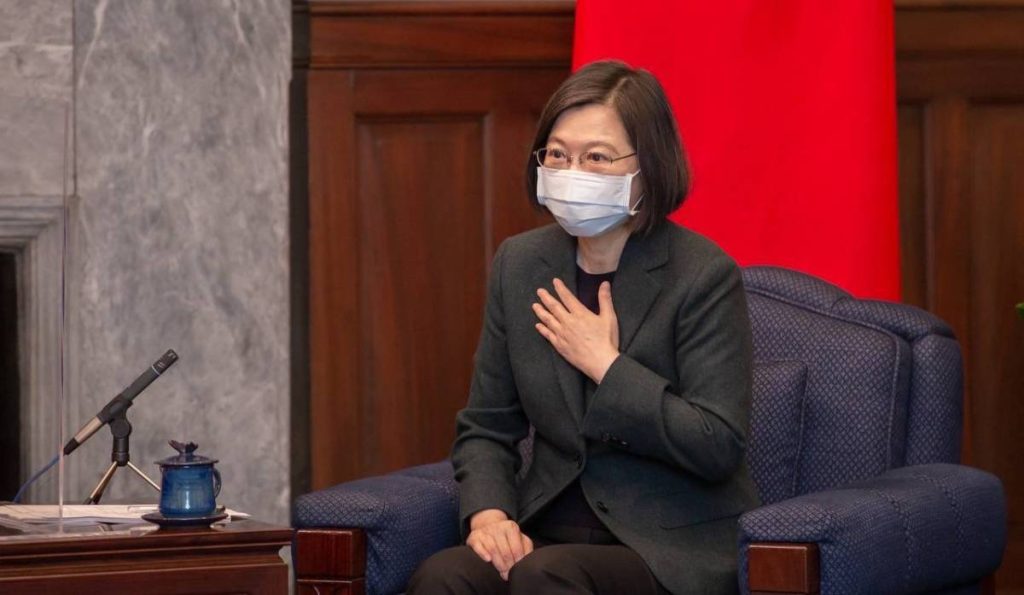
Meanwhile, Taiwan has rejected China’s “one country, two systems” formulation, believing that only the people of Taiwan can decide their own future.
According to a recent report by the American Defence University, the investigation of the background of more than 300 senior officers of the Chinese Communist Party in the past few years revealed the potential fatal weakness of the PLA, that is, the lack of cross-service training, generally staying in the same military service in the early days of the army, and having a four-star command. Nearly half of the officers were “professional political commissars” and lacked combat experience.
Compared with US military officers, cross-service training has been required since 1986. All four-star officers have joint service experience and actual combat experience. According to the report, problems similar to those of the Russian army may occur in the Communist Army. If a war is launched, it may follow the Russian army’s disastrous defeat in the Ukrainian conflict, reported the Singapore Post.
Meanwhile, US President Joe Biden had reiterated his stand to defend Taiwan in the event of an attack by China.
Asked in a CBS interview if US troops would defend the island, Biden said: “Yes, if in fact, there was an unprecedented attack.”
The remarks prompted the White House to clarify that the official US policy – which doesn’t commit to military action on Taiwan – had not changed.
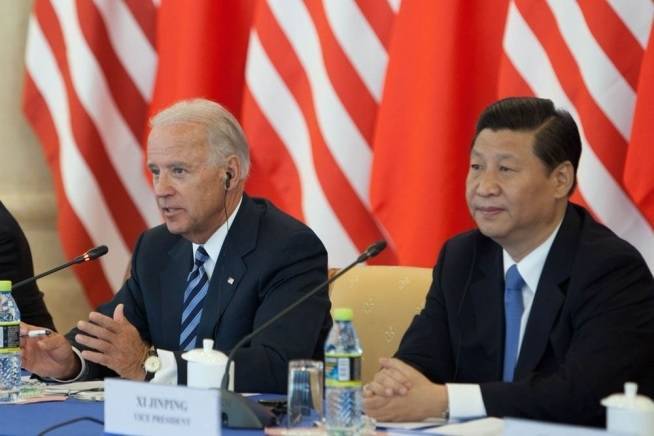
Beijing said it “deplores and firmly opposes” Biden’s pledge of action.
The foreign ministry said it had lodged “stern representations” with Washington over the remarks, broadcast in a CBS 60 Minutes interview on Sunday.
Taiwan is a self-ruled island off the coast of eastern China that Beijing claims as part of its territory.
Washington has always walked a diplomatic tightrope over the issue. On the one hand it adheres to the One China policy, a cornerstone of its relationship with Beijing. Under this policy, the US acknowledges that there is only one Chinese government, and has formal ties with Beijing rather than Taiwan.
But it also maintains close relations with Taiwan and sells arms to it under the Taiwan Relations Act, which states that the US must provide the island with the means to defend itself.
Biden’s comments, his clearest yet in pledging US military intervention, seemingly run counter to Washington’s stance of “strategic ambiguity” – it does not commit to defending Taiwan, but also does not rule out the option.
In Sunday’s interview Biden also reiterated that the US was not encouraging Taiwan independence.
Taiwan responded to Biden’s remarks by welcoming the “US government’s rock-solid security commitment to Taiwan”. Taipei said it would continue to deepen its “close security partnership” with Washington.


